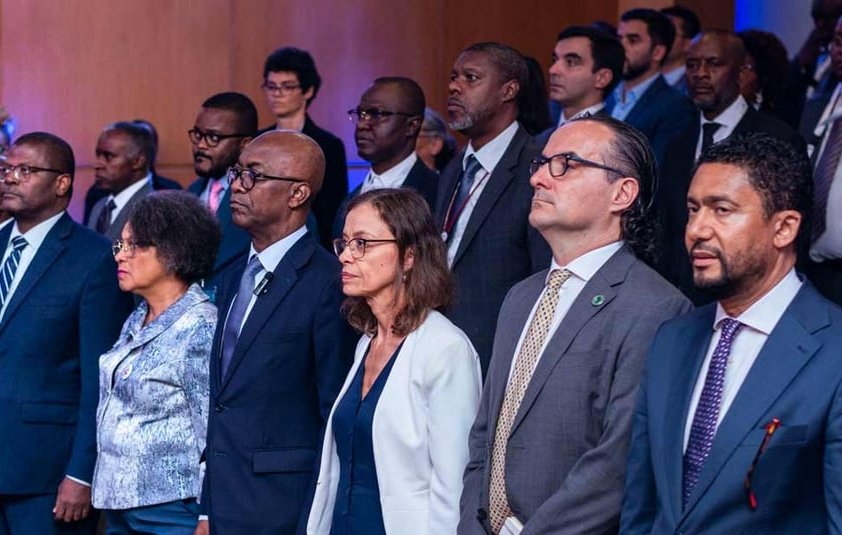In a landmark effort to combat youth unemployment and stimulate inclusive economic growth, the African Development Bank (AfDB), in collaboration with the Government of Angola and the European Union, has launched a $125 million initiative aimed at empowering young entrepreneurs. The Youth Employment Project, known as the Crescer Project, was officially unveiled on October 21, 2025, and is poised to reshape Angola’s entrepreneurial landscape by providing young people with the skills, resources, and financial support needed to build and sustain viable businesses.
The Crescer Project is strategically designed to support the development of over 10,000 micro, small, and medium-sized enterprises (MSMEs) and startups across sectors with high employment potential. These include agriculture, aquaculture, transport, and renewable energy, industries selected for their capacity to absorb large numbers of young workers and drive long-term economic transformation. By targeting these sectors, the initiative aims to create more than 112,000 indirect jobs, offering a lifeline to thousands of young Angolans seeking meaningful employment and economic independence.
Beyond job creation, the project also seeks to strengthen Angola’s institutional frameworks to foster a more conducive environment for entrepreneurship. This includes improving national planning systems, enhancing public investment mechanisms, and promoting robust public-private partnerships. These structural reforms are expected to amplify the impact of the Crescer Project, ensuring that the benefits extend beyond immediate job creation and contribute to a more resilient and dynamic economy.
The launch of this initiative reflects a growing recognition of the critical role youth entrepreneurship plays in Africa’s development. With a rapidly expanding young population, Angola faces both a challenge and an opportunity: to harness the energy and creativity of its youth to drive innovation and economic growth. The Crescer Project represents a forward-thinking approach to development, combining financial investment with capacity building and institutional reform. It signals a shift toward integrated, multi-stakeholder solutions that prioritize sustainability, inclusivity, and long-term impact. As Angola embarks on this ambitious journey, the success of the Crescer Project could serve as a blueprint for similar initiatives across the continent.
